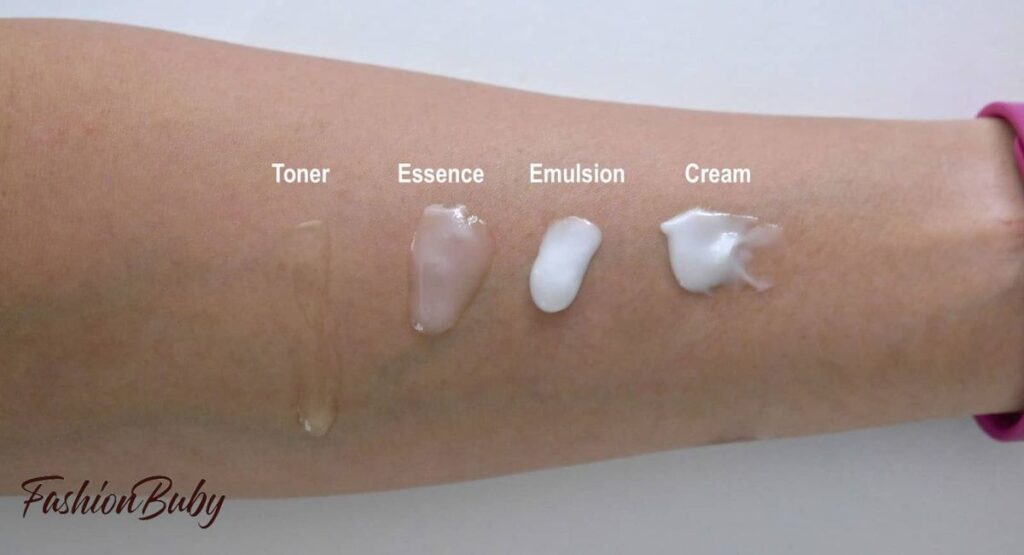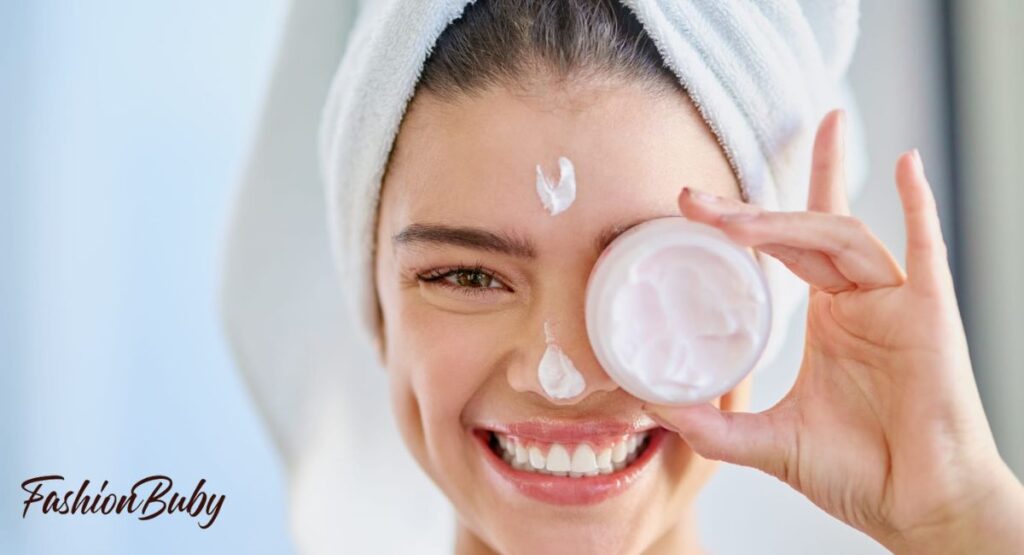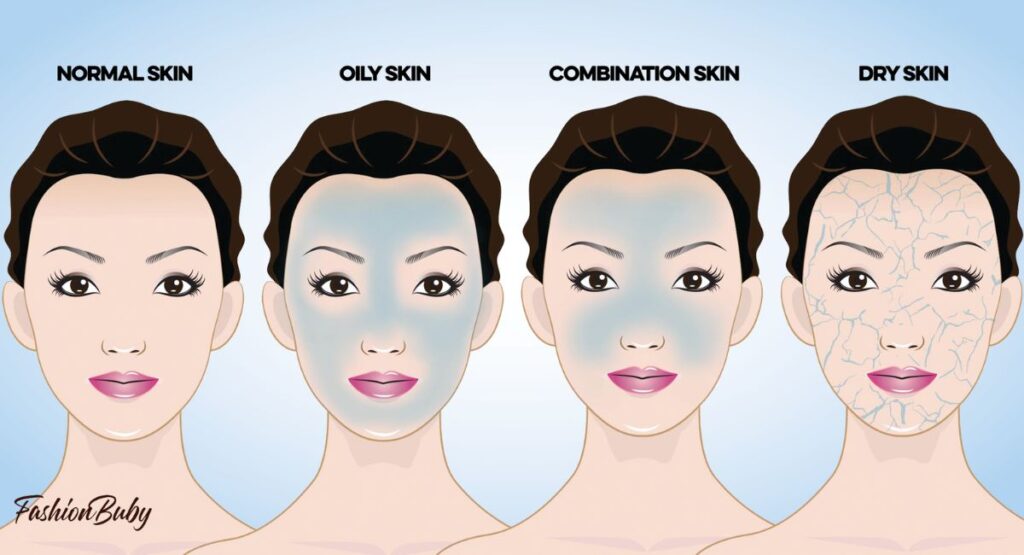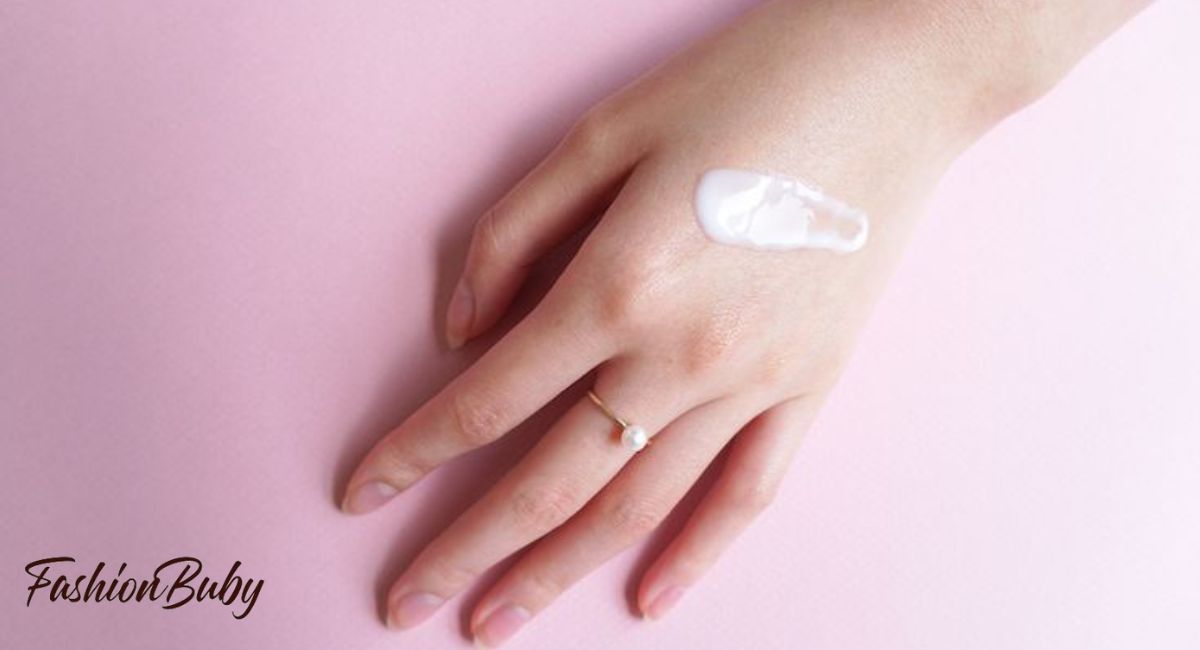Emulsion skincare is a lightweight moisturizer. It hydrates without feeling heavy or greasy. Ideal for layering, it suits all skin types.
Do you really want smoother and softer skin. Try emulsion skincare. It is light, non-greasy, and super hydrating. Perfect for any skin type. Give your skin the love it deserves!
Emulsion skincare products are water-based moisturizers. They blend water and oil to create a light, smooth texture. Emulsions hydrate the skin without clogging pores or feeling heavy. They are perfect for layering with other skincare products, making them versatile for all skin types.
What is an emulsion?

An emulsion is a mixture of water and oil designed to blend smoothly. It combines the hydrating properties of water with the nourishing benefits of oil. This results in a lightweight and easily absorbed product. Emulsions are often used in skincare for their ability to deliver moisture effectively.
Emulsions have a unique texture that feels light on the skin. Unlike heavy creams, they don’t leave a greasy residue. They are versatile and can be used by themselves or layered with other skincare products. This makes them a popular choice in many skincare routines.
Related post: Hair You’ve Always Dreamed Of: What Are I-Tip Extensions?
What are the benefits of emulsions for your skin?
Deep Hydration: Emulsions hydrate the skin deeply without clogging pores.
Light Texture: They provide essential moisture while maintaining a light texture.
Balanced Skin: Helps keep the skin balanced, preventing it from becoming oily or dry.
Enhanced Product Effectiveness: Emulsions enhance the effectiveness of other skincare products.
Layering: Perfect for layering under heavier creams or sunscreens.
Improved Absorption: They improve the skin’s ability to absorb these products.
Soothing: Emulsions help soothe and calm irritated skin, making them ideal for sensitive skin types.
Lightweight: Their lightweight nature ensures they don’t weigh down the skin.
What skin types can benefit from emulsions?
All skin types can benefit from using emulsions. For oily skin, emulsions provide hydration without adding excess oil. They balance the skin’s moisture levels and prevent it from producing too much sebum. This reduces the chances of breakouts and keeps the skin clear.
Dry skin types also gain from emulsions as they offer deep hydration. They lock in moisture and prevent the skin from feeling tight or flaky. Combination skin can use emulsions to manage different areas effectively. Sensitive skin benefits from their gentle and soothing properties.
Read this post also: How To Massage Scalp After Hair Transplant
How should I use an emulsion in my skincare routine?

Use an emulsion after cleansing and toning your skin. Apply a small amount to your face and neck. Gently massage it in until fully absorbed. This ensures your skin receives optimal hydration and prepares it for the next steps.
You can layer an emulsion under your regular moisturizer. This boosts hydration and provides extra nourishment. Emulsions are also suitable for use before applying sunscreen. Incorporate them into your morning and evening routines for best results.
Where should emulsions be applied in a skincare routine
Apply emulsions after toning and before moisturizing. This step helps lock in moisture and enhances the effectiveness of your skincare products. Use it both morning and night for consistent hydration. It fits perfectly between lighter and heavier products.
If you use serums, apply them before your emulsion. This order ensures that each product penetrates the skin properly. Finish with your regular moisturizer or sunscreen. This layering technique helps maintain a balanced and well-hydrated complexion.
What is the difference between emulsion and cream?
Emulsions are lighter than creams, offering a more fluid and easily absorbed texture. They blend water and oil but in lower concentrations than creams. This makes emulsions ideal for those who prefer a non-greasy feel. Emulsions hydrate without leaving a heavy residue on the skin.
Creams are thicker and richer, providing intense moisture and a protective barrier. They are suitable for dry or very dry skin types that need extra nourishment. Creams take longer to absorb and can feel heavier on the skin. They are excellent for nighttime use or during colder months.
Can I use emulsion as a moisturizer?
Yes, you can use an emulsion as a moisturizer. Emulsions provide sufficient hydration for many skin types. They work well for oily, combination, and normal skin by delivering moisture without greasiness. For those with dry skin, an emulsion can be layered under a heavier cream.
Using an emulsion alone may be enough in humid climates or for those who prefer a lighter skincare routine. Emulsions are versatile and can adjust to different needs. They offer a balance of hydration and comfort, making them a suitable moisturizer option.
When to use emulsion day or night
You can use emulsions both day and night. Apply it before sunscreen in the morning to keep your skin hydrated throughout the day. It provides a light, non-greasy base that works well under makeup. The hydration helps your skin stay fresh and balanced.
Use an emulsion after cleansing and toning to lock in moisture. You can layer it under a heavier night cream for extra hydration. Emulsions help repair and replenish your skin while you sleep. They are versatile and beneficial for any time of day.
Do Emulsions Work For All Skin Types?

Yes, emulsions work for all skin types. Their lightweight, non-greasy formula is perfect for oily and combination skin. They provide hydration without clogging pores or causing excess oil production. Emulsions help balance and maintain healthy skin.
Dry and sensitive skin types also benefit from emulsions. They offer soothing hydration that calms irritation and dryness. Emulsions can be layered with other products for added moisture. Their gentle nature makes them suitable for everyone, regardless of skin type.
Oily Skin
Oily skin produces excess sebum, leading to a shiny appearance and enlarged pores. It is prone to blackheads and breakouts. Lightweight, non-greasy products like emulsions help balance oil production. Emulsions hydrate without adding extra oil, keeping the skin fresh.
Acne-Prone Skin
Acne-prone skin frequently experiences breakouts, clogged pores, and inflammation. Gentle, non-comedogenic products are essential to avoid aggravating the condition. Emulsions provide necessary moisture without clogging pores or causing breakouts. They help soothe and calm irritated skin.
Sensitive Skin
Sensitive skin easily reacts to products, leading to redness, itching, and irritation. It requires gentle, soothing formulations free from harsh chemicals. Emulsions offer lightweight hydration and are often formulated to be gentle on sensitive skin. They calm irritation and maintain skin balance.
Dry skin
Dry skin lacks moisture, leading to tightness, flakiness, and a rough texture. It needs rich, hydrating products to restore its moisture barrier. Emulsions can provide a base layer of hydration and can be layered under heavier creams. They help lock in moisture and improve skin texture.
Normal Skin
Normal skin has a balanced oil production, with few imperfections and a smooth texture. It requires maintenance with regular hydration and protection. Emulsions offer the perfect level of moisture without being too heavy or too light. They keep normal skin healthy and balanced.
Frequently Asked Questions
What does emulsion do for the skin?
Emulsions hydrate and balance the skin without clogging pores. They provide lightweight moisture and enhance the absorption of other skincare products.
What is the difference between moisturizer and emulsion?
Emulsions are lighter and more fluid than moisturizers. They absorb quickly and are ideal for layering, while moisturizers are thicker and provide more intense hydration.
Do I need to use moisturizer after emulsion?
You might need to use a moisturizer after an emulsion if your skin is very dry. For oily or normal skin, an emulsion alone may be sufficient.
Which is better serum or emulsion?
Serums and emulsions serve different purposes: serums target specific skin concerns with active ingredients, while emulsions provide lightweight hydration. Both can be beneficial depending on your skincare needs.
Do you put emulsion on before or after moisturizer?
Apply emulsion before moisturizer. This allows the lightweight hydration of the emulsion to be absorbed first, followed by the heavier, more occlusive moisturizer.
Conclusion
Emulsion skincare products offer a versatile and effective way to keep your skin hydrated and balanced. Their lightweight, non-greasy formula makes them suitable for all skin types, from oily to dry and sensitive. Emulsions provide essential moisture without clogging pores, enhancing the overall effectiveness of your skincare routine. They are perfect for layering, making them a valuable addition to both morning and evening regimens.
While emulsions can be used alone, they also pair well with serums and moisturizers, offering a customizable approach to skincare. Understanding the difference between emulsions and heavier moisturizers helps you choose the right products for your specific needs. Whether you’re looking to calm irritated skin, balance oil production, or simply keep your complexion hydrated, emulsions are a great choice. Incorporating an emulsion into your daily routine can lead to healthier, more radiant skin.












